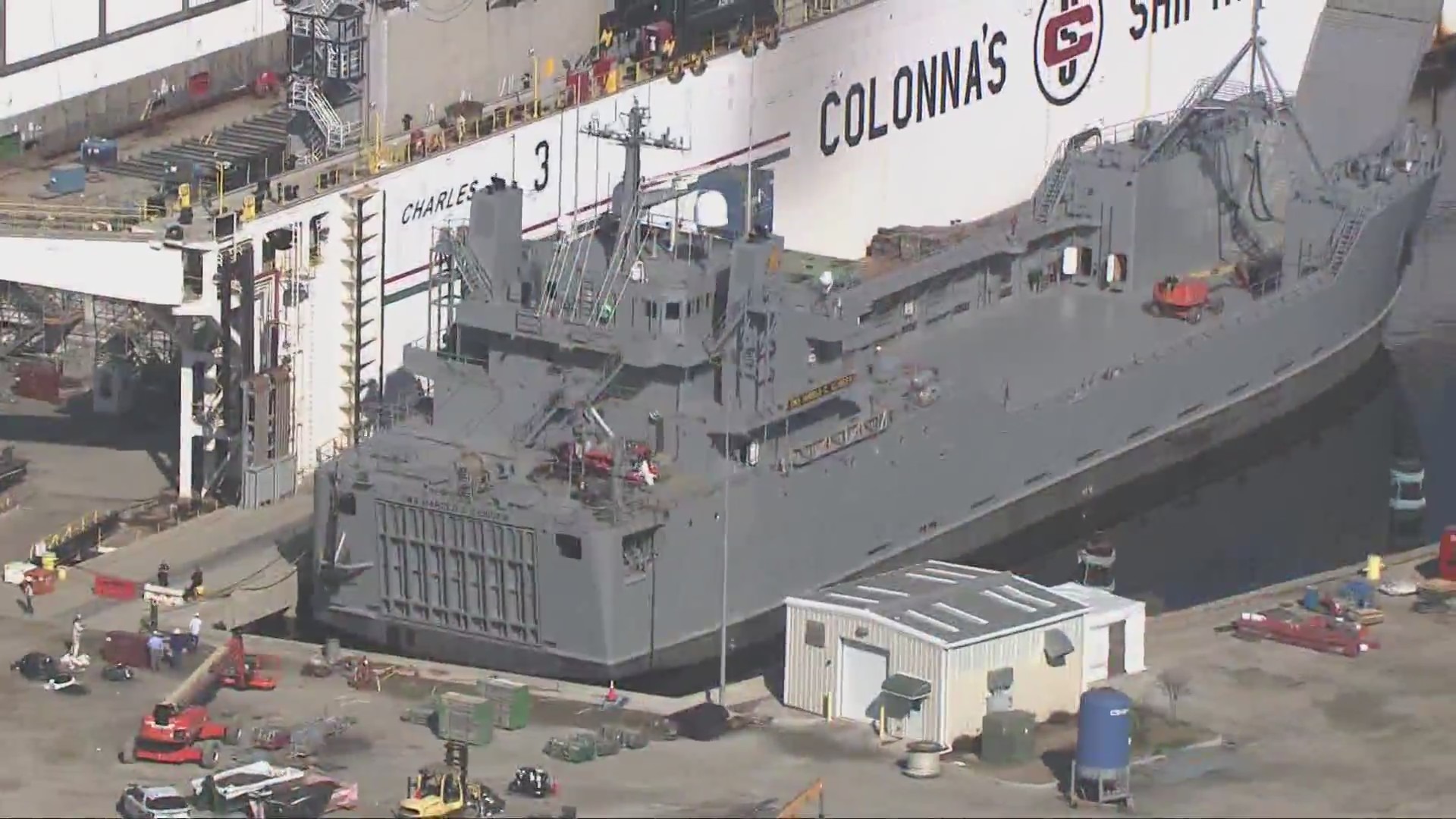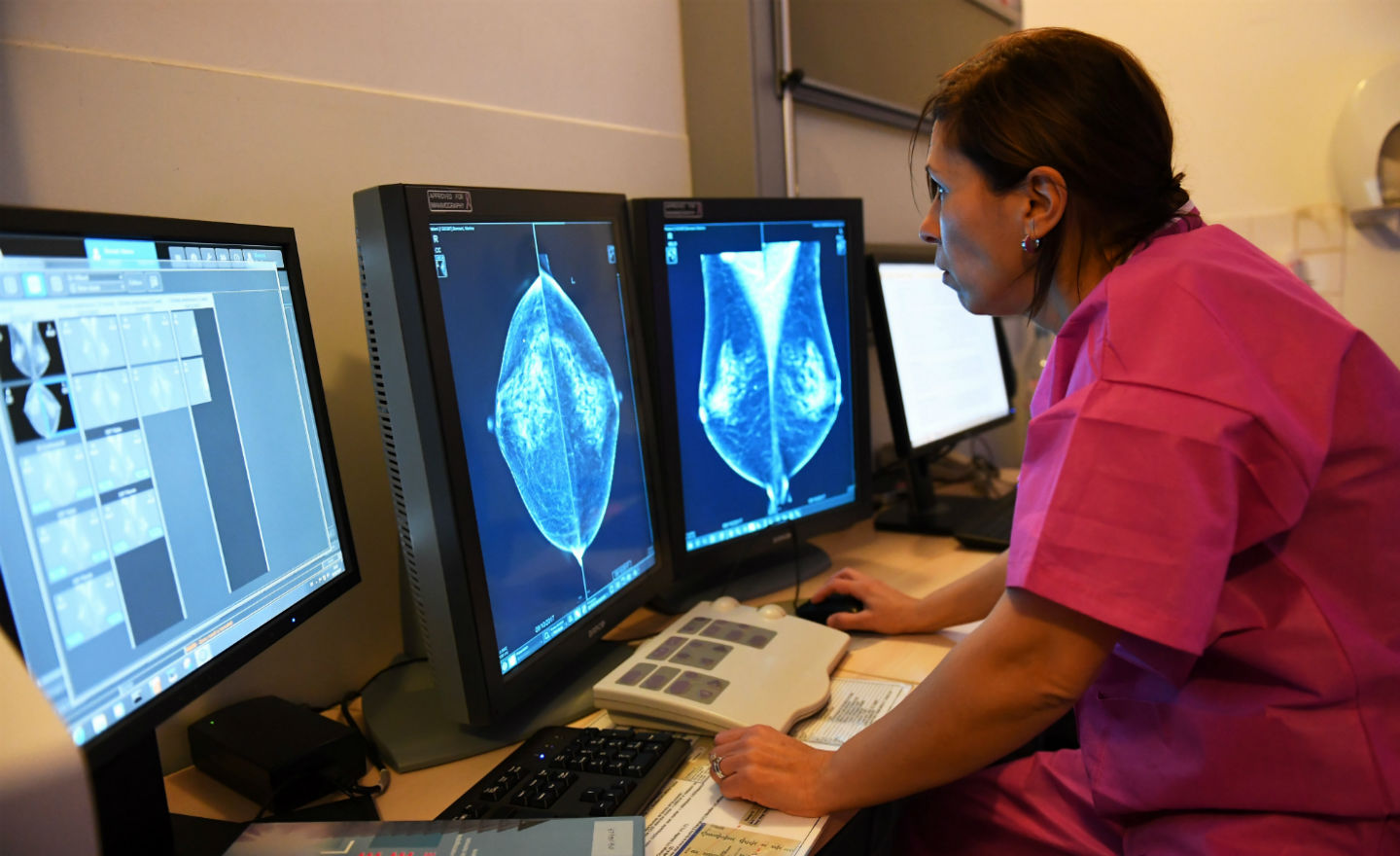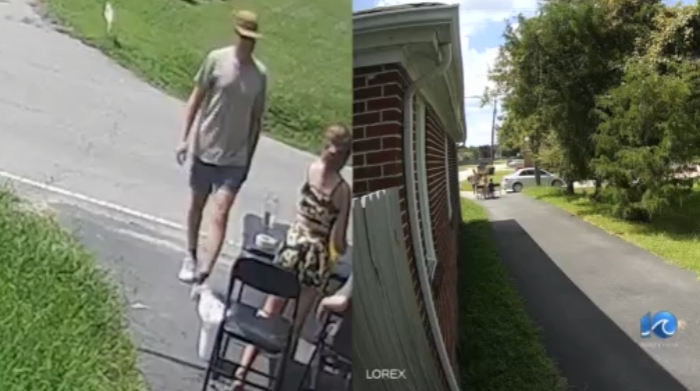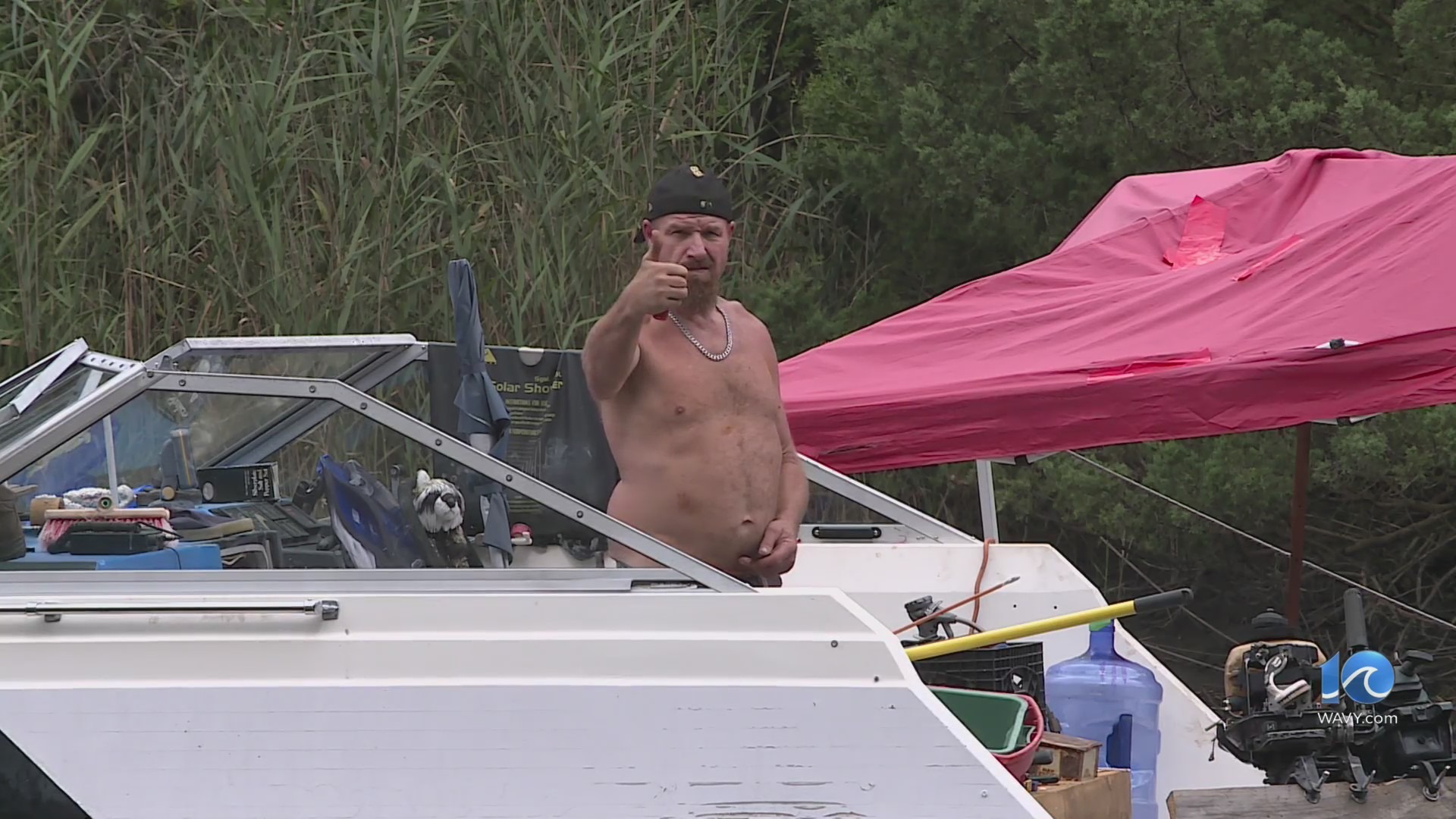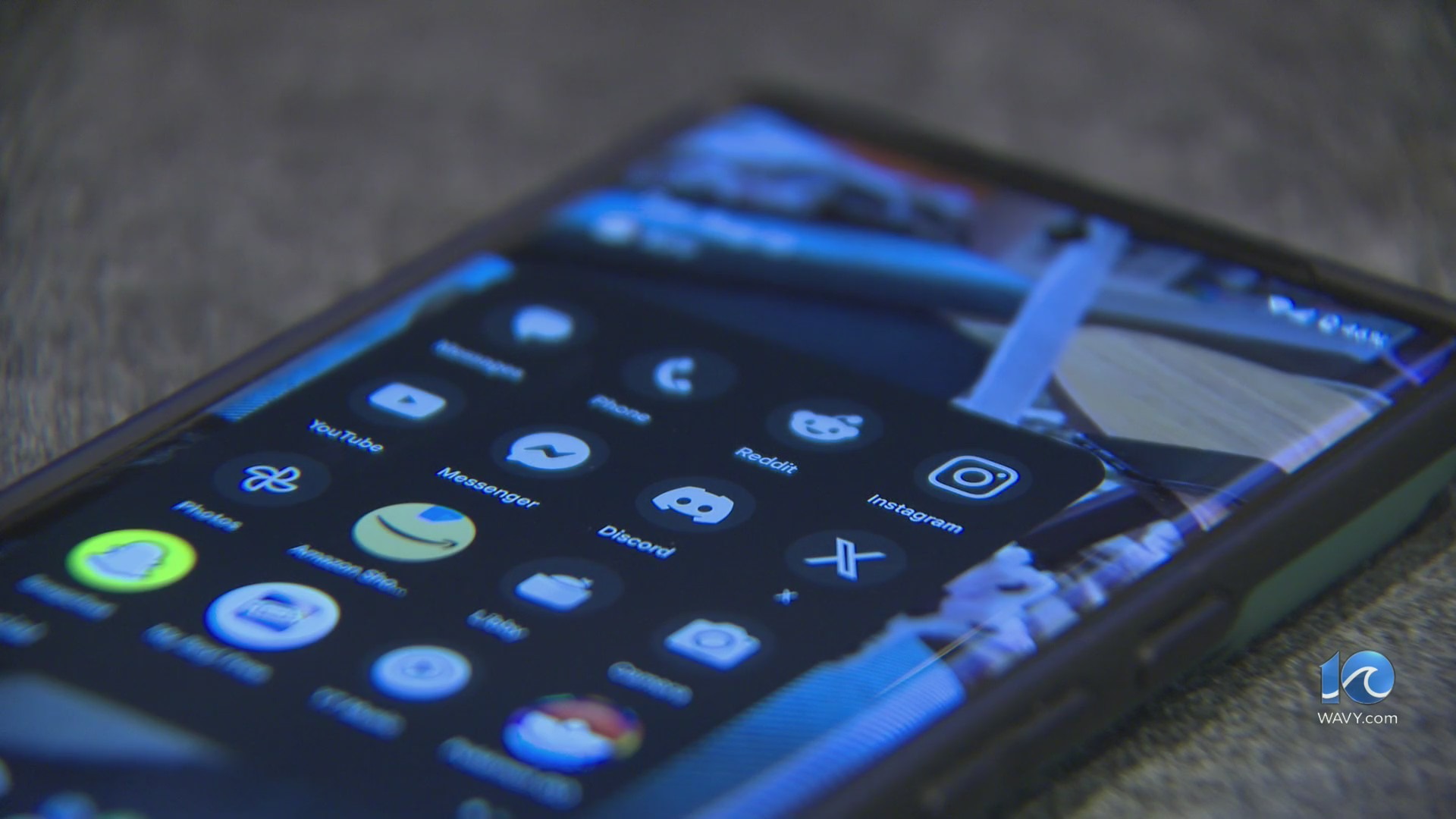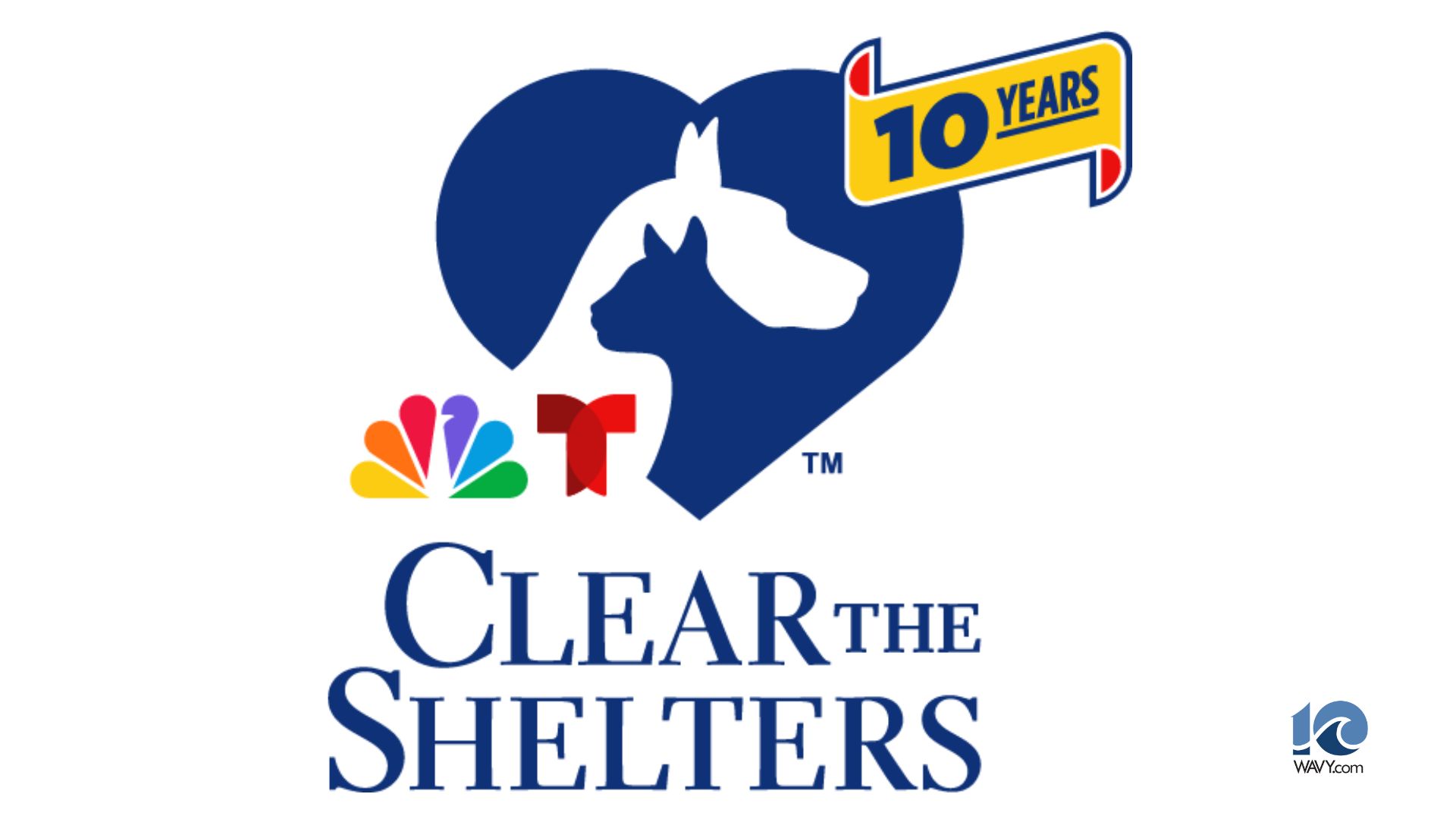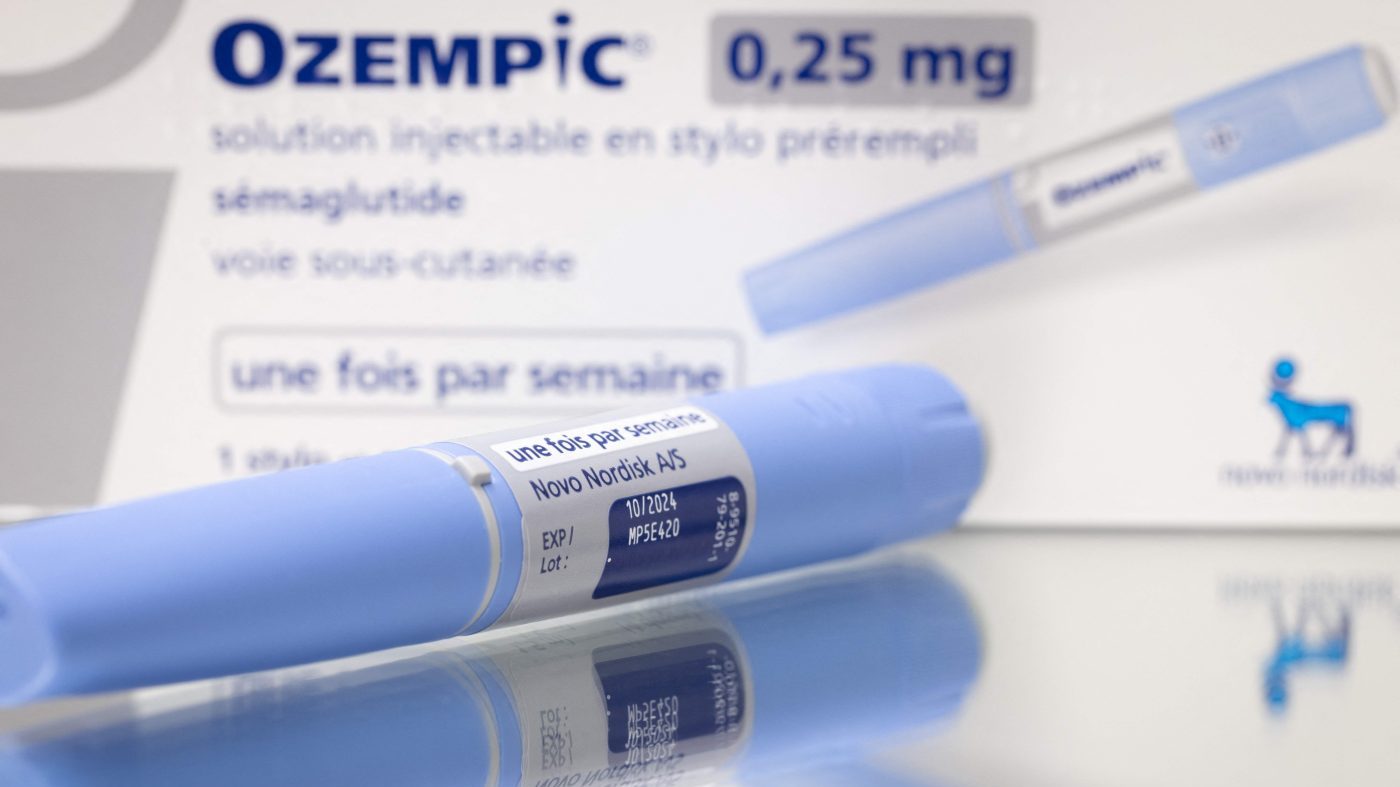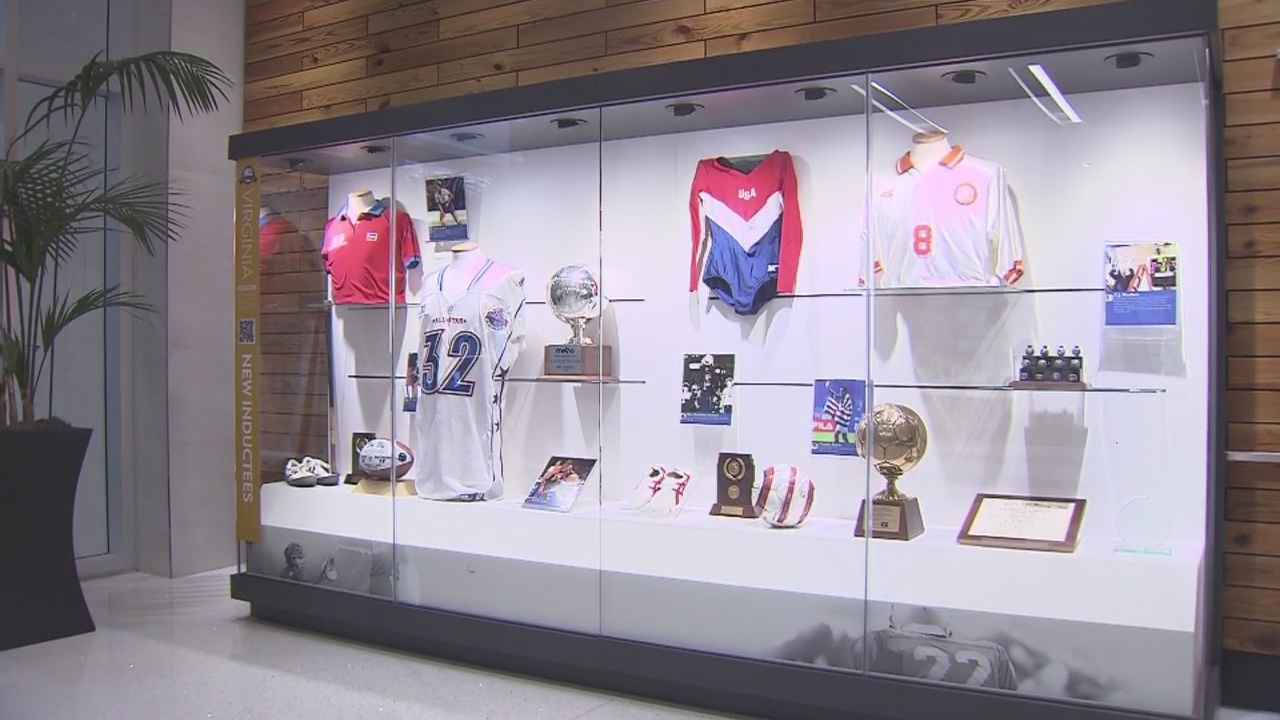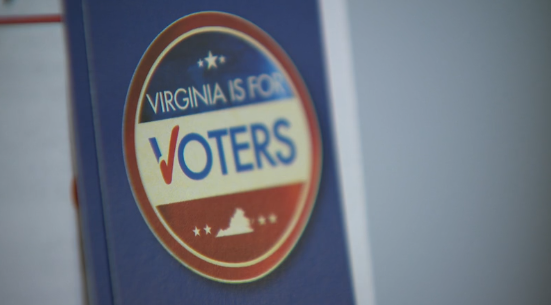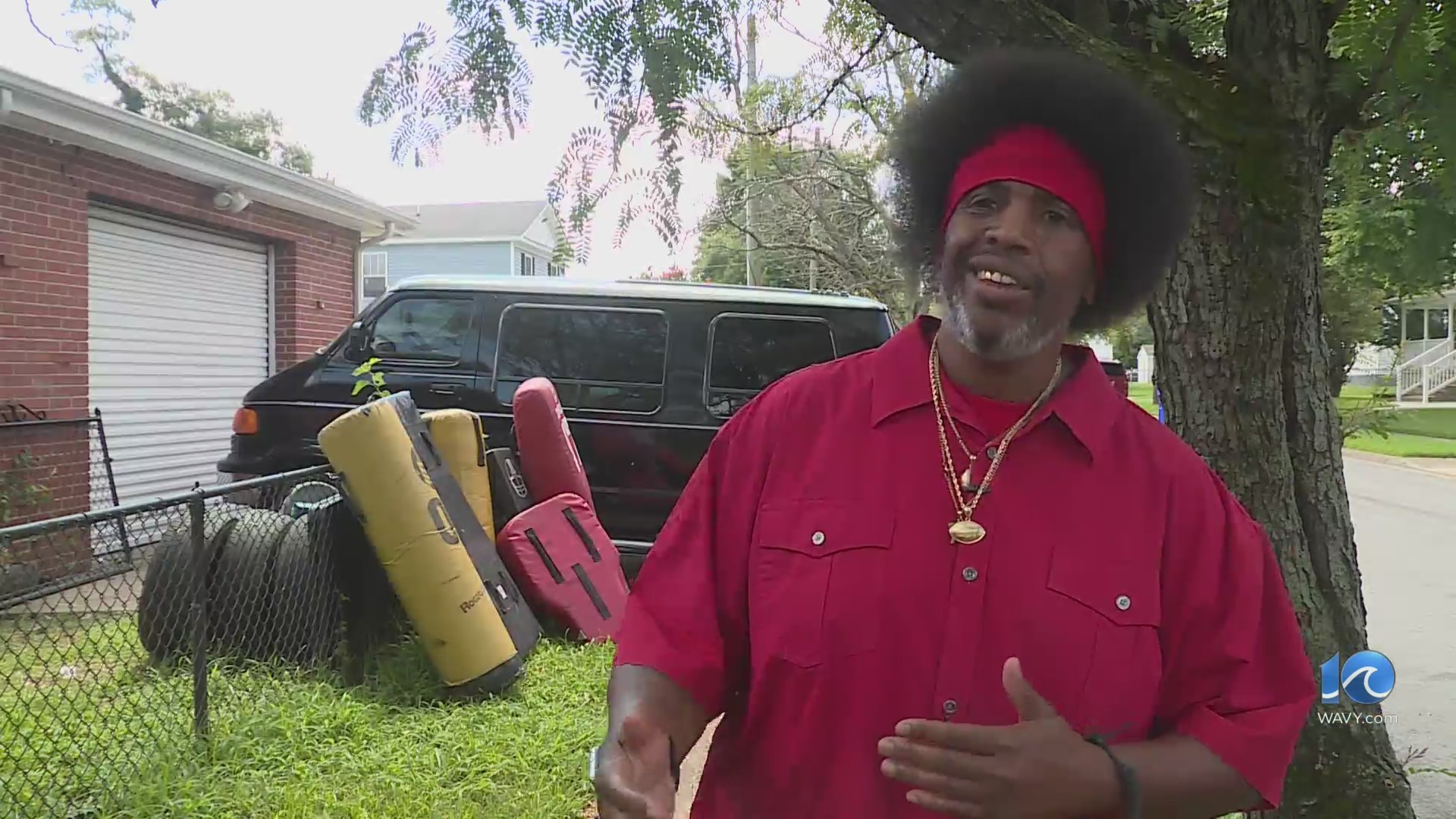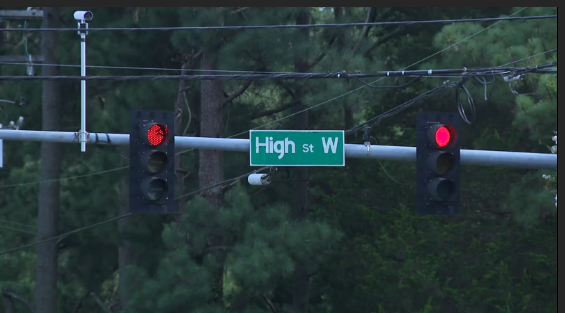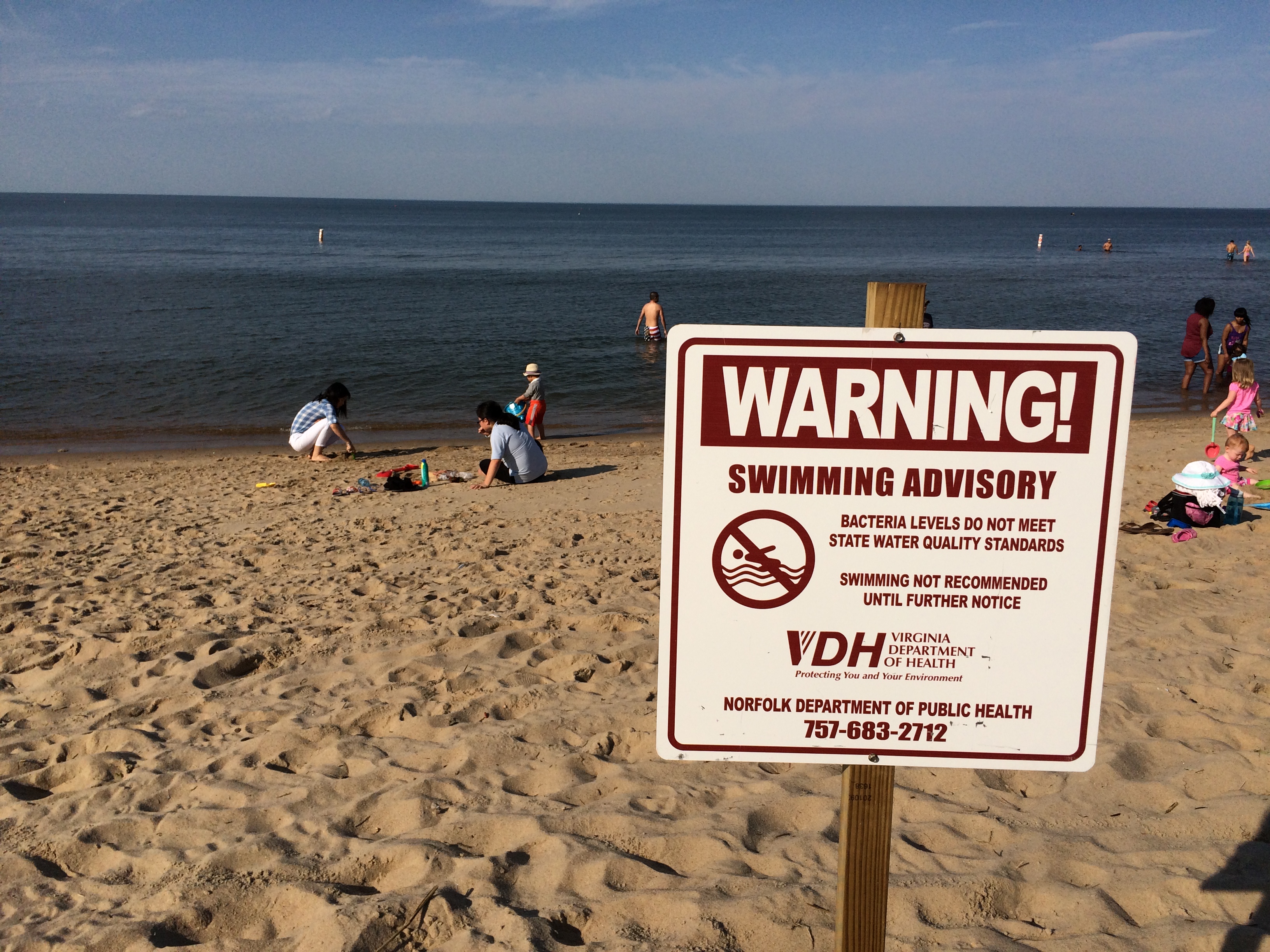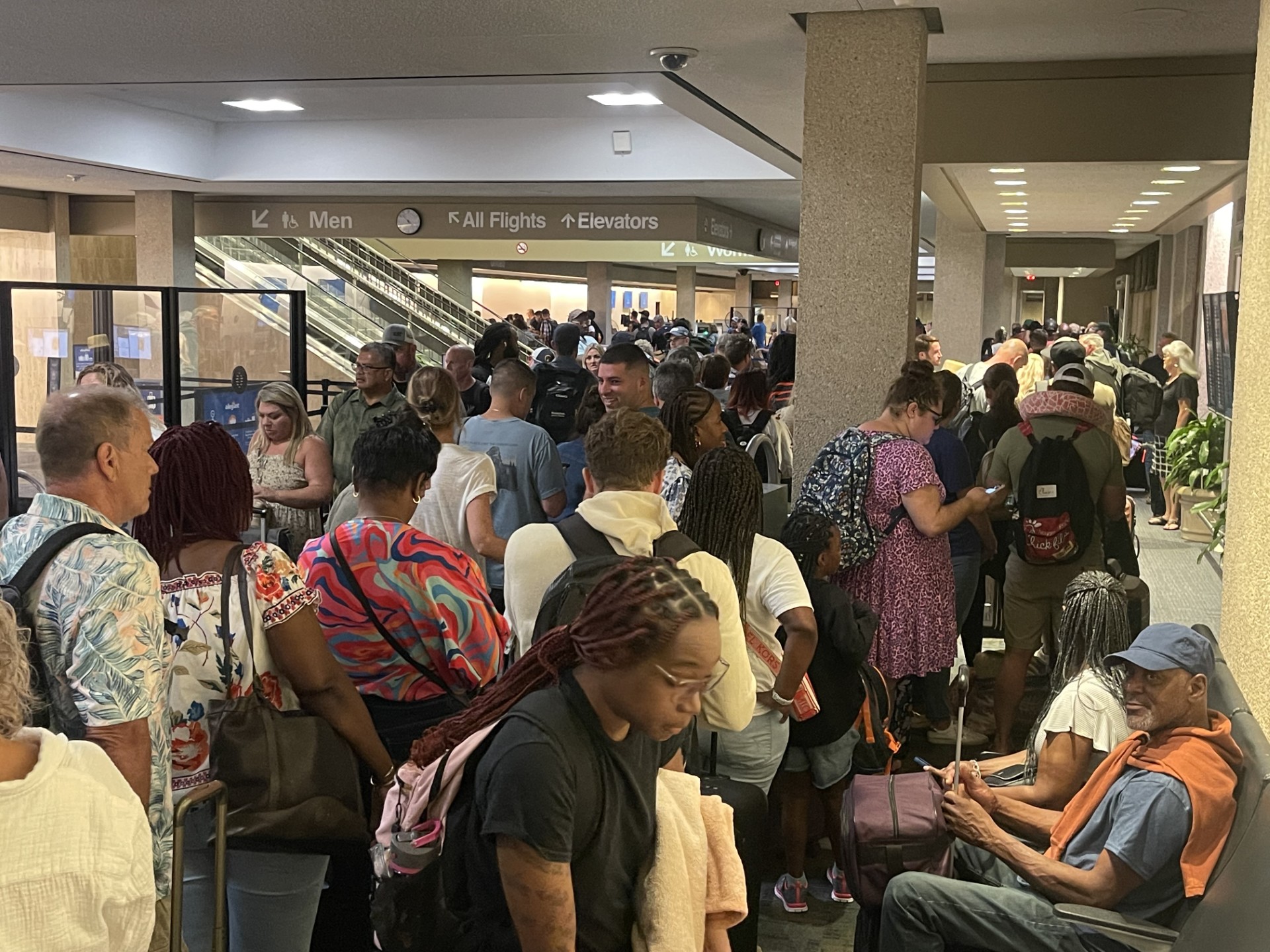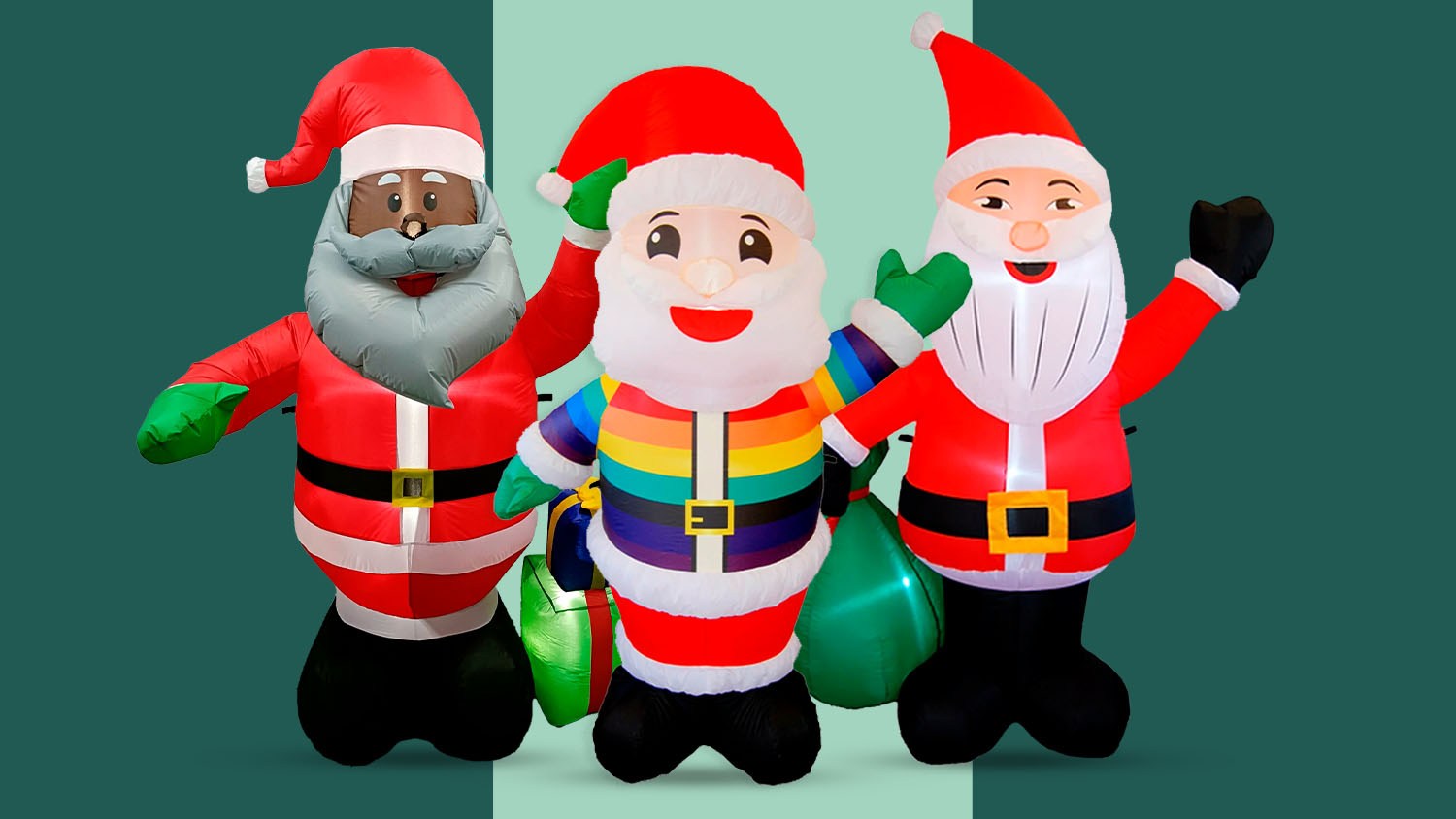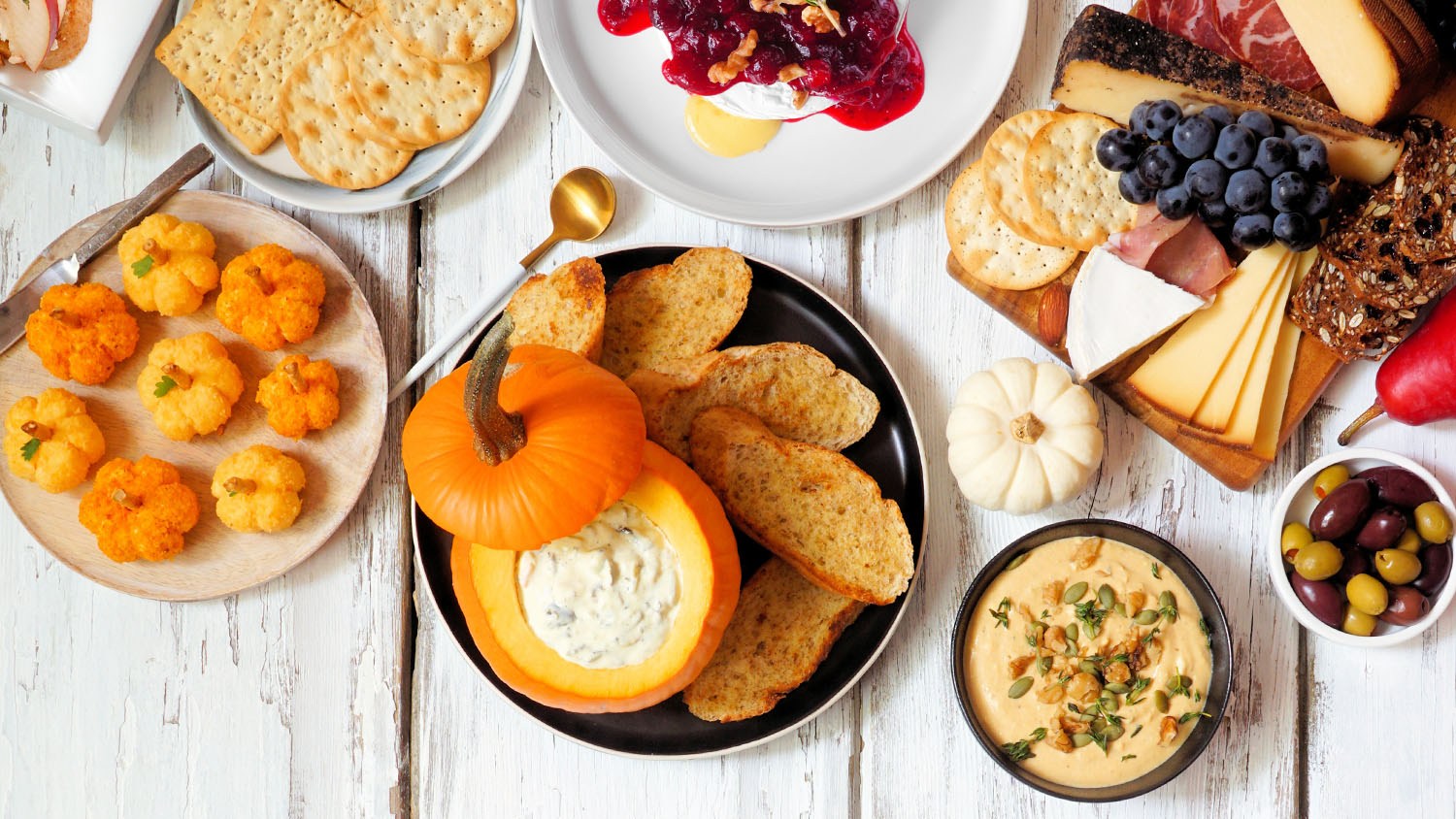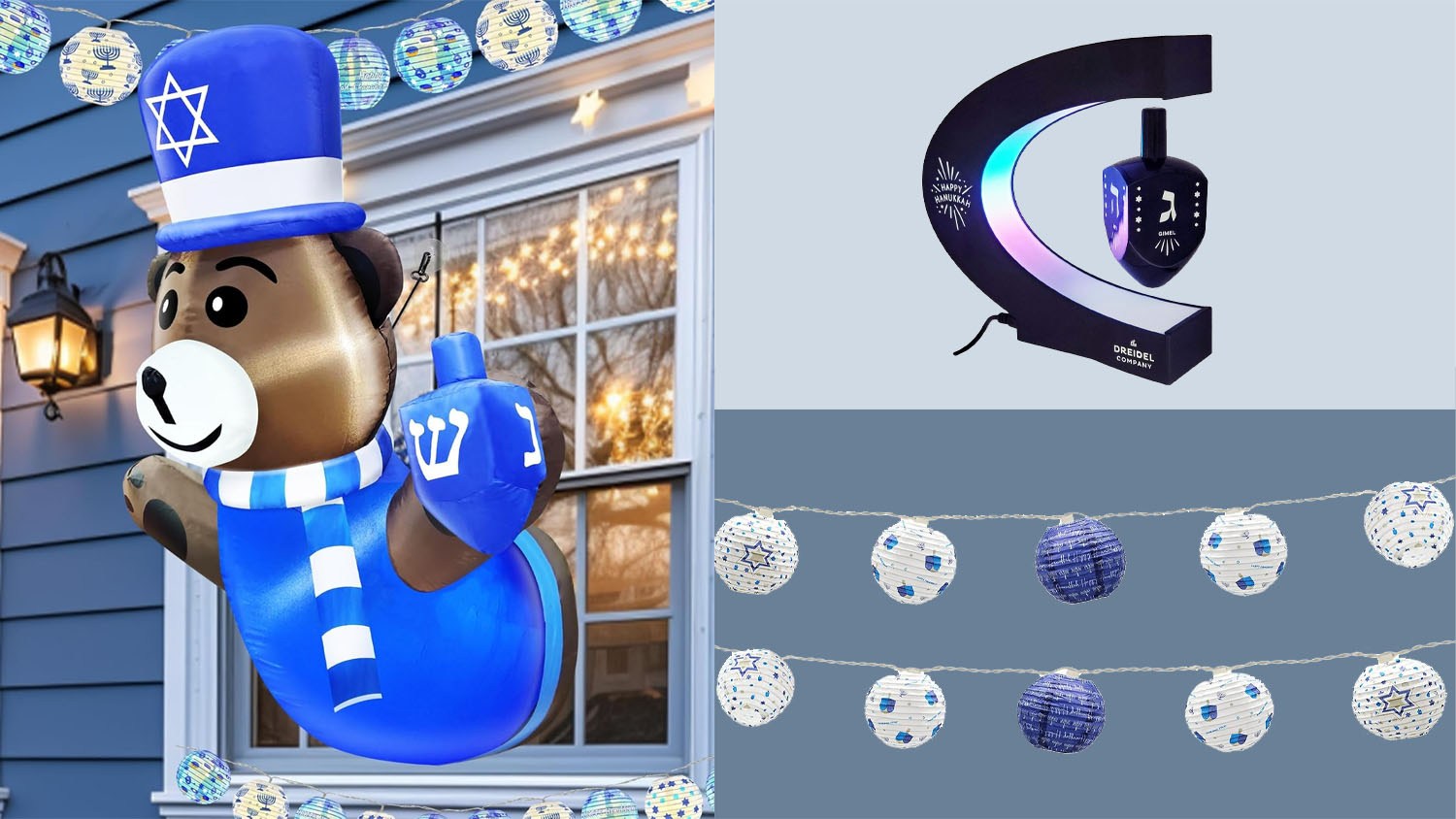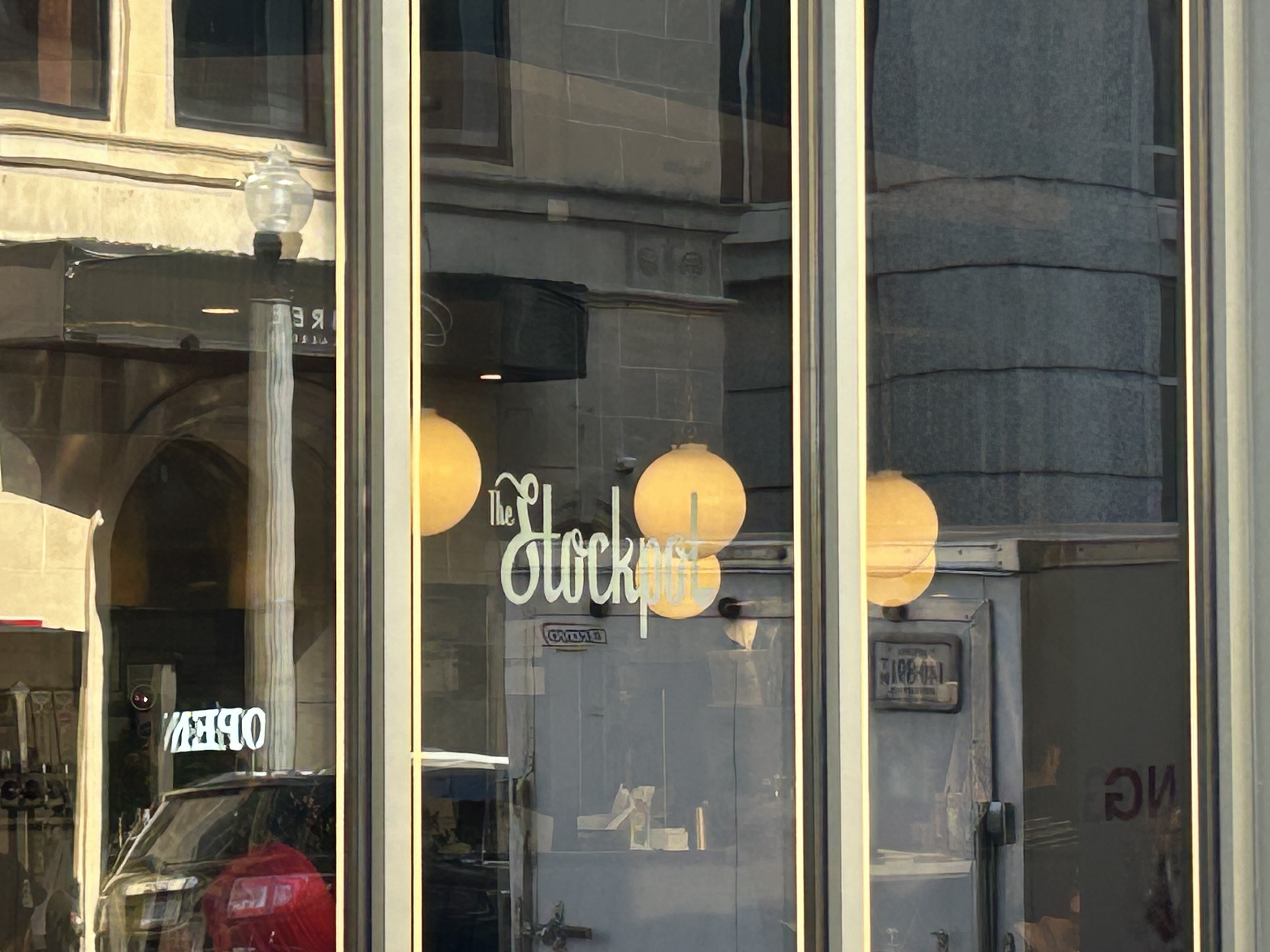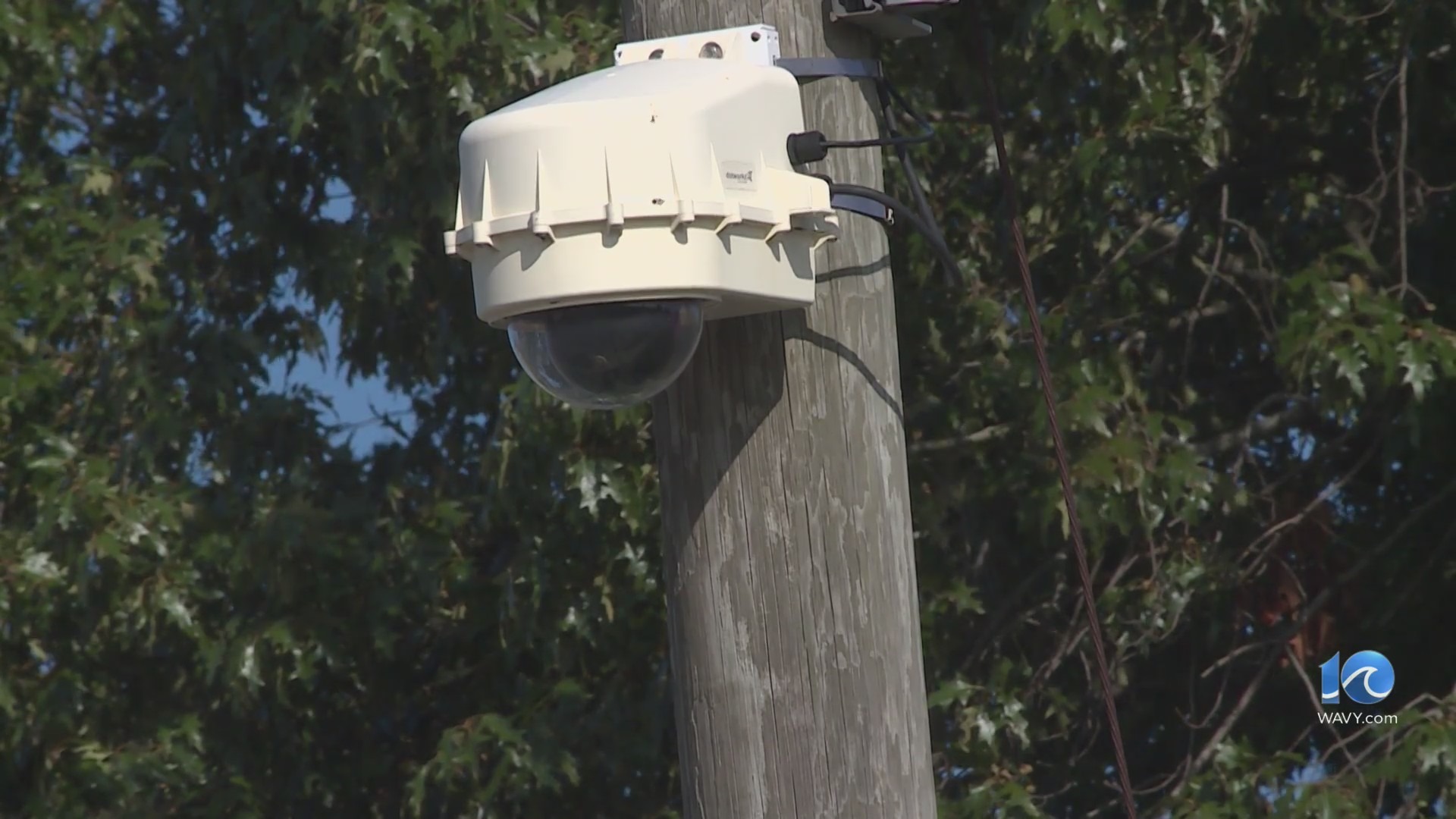COROLLA, N.C. (WAVY) — The wild horses in coastal North Carolina have been there for more than 500 years, but the Corolla Wild Horse Fund is continuing to educate those wanting to visit.
The group first formed in 2001 after a deadly stretch between 1985 and 1996 where twenty horses were killed after being hit by cars. Today, visitors can find more than 7,500 acres managed by the fund focused on the safety and conservation of the horses.
Herd manager Meg Puckett has been with the organization for six years and is excited to welcome back tourists this season.
- Corolla Wild Horse Fund welcomes new foal
- ‘Please, please leave the horses alone’: Group warns people to stay away from OBX wild horses
Puckett says around this time of year is when people start to come out and visit the horses — which is great — but she wants to be sure everyone is well-informed on how to do so properly.
If you plan on visiting the herd, there are a few things you should know:
- Do not try to pet the horses or get closer than 50 feet, which is about a school bus length away.
- Carrots and apples kill: The wild horses don’t eat the same foods as domesticated horses. Apples and carrots can (and have) killed herd members.
- Pick up your garbage after visiting the beach.
- Cruelty, enticing, harboring, luring, seizing, and failure to report injury are also against the law.
- Look into horse tours. The Corolla Wild Horse Fund works closely with various horse tour companies on conservation and education efforts surrounding the horses. By taking a tour, safety measures are already in place for both you and the horses.
Additionally, the Currituck County Code of Ordinances also states that it’s unlawful for any person to keep, harbor, maintain, possess, ride, walk or bring a horse into or upon that area of the county on the Outer Banks from the terminus of the 28 paved portions of N.C. State Highway 12 to the Virginia state line.
- ‘This is not OK’: Group warns humans to stay away from Outer Banks wild horses and dunes
- PHOTOS: New foal addition to the wild horse family in Outer Banks — it’s a girl!
Puckett is on-call 365 days a year, 24/7 caring for the horses, but during the warmer months, it can be especially hard to keep the herd safe when uninformed people visit the beach.
In July of last year, “Danny,” a yearling, was allegedly fed an apple by a visiting family. Meg was the first one on the scene and immediately realized the colt was choking. She was able to move the apple from his esophagus, but he’d been suffering for quite some time. She’d cared for Danny since the day he was born, and he died in her arms.
“Danny was killed by humans who had no regard for the safety of the horses. No regard for the health of the horses. No regard for the laws put in place to protect the horses,” the group posted to Facebook. “It was absolute hell for Danny to suffer through.”
“A colt that young had years of repopulating ahead of him. It’s absolutely devastating to a herd of this size,” adds Puckett.
Less than a year later, you’ll see what feels like hundreds of signs lining the Corolla neighborhoods warning, reminding beach-goers of the laws protecting the horses.
“You can’t say you didn’t know it was wrong,” says Puckett referencing new signs that read, “Apples and Carrots Kill.”
Weaving through the sandy paths, it becomes abundantly clear that it really takes a village to care for the horses.
The Corolla Wild Horse Fund has partnered with those dedicated locals, law enforcement, and tour hosts to welcome people back to the beaches with an open mind. They’re just hoping the loss of Danny inspires change in the way people interact with wild horses in the future.
Stay with WAVY.com for more local news updates.
What do I do if I see a horse that looks injured? There’s a horse blocking my driveway, what do I do? Answers to these questions and more can be found here. You can visit the Wild Horse Museum Store by clicking here. For more information on laws and regulations, click here.












































































